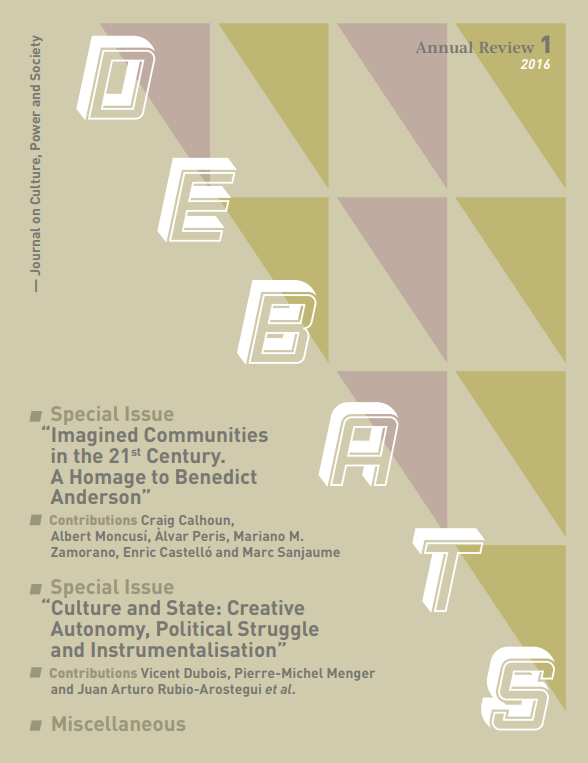Edward Said and exile: a gaze at counterpoint
Resumen
This article sets out to analyse the concept of exile as portrayed in the
work of Edward Said. Our author’s central idea of this term is that even
if the term exile is inconsistent in the metaphorical sense he defends, it
is enriching intellectually, given that from this perspective, it provides a
different vision through which an “exiled” intellectual can analyse the
historical experience. In other words, Said, believes that even authors
who are not exiles in real terms and fully belong to their respective
societies can adopt such a vision. In doing so, a distance is created,
enabling critics to embrace a global vision that transcends ideological
boundaries and facilitates the study of others and their culture within
a humanistic context. The methodology followed in this work sheds
a critical light on the interesting, albeit contradictory, concept of exile
proposed by Said as a tool for cultural studies. In short, to a point, this
essay aims to demonstrate how Edward Said’s approach to the term of
exile is relevant. Indeed, his own work is largely influenced by authors
who have been exiles quintessentially speaking, and who somehow
shaped the critique he put forward during his life.
Descargas
Descargas
Publicado
Cómo citar
Número
Sección
Licencia
Sin perjuicio de lo dispuesto en el artículo 52 de la Ley 22/1987 de 11 de noviembre de Propiedad Intelectual, BOE del 17 de noviembre de 1987, y conforme al mismo, los autores o autoras ceden a título gratuito sus derechos de edición, publicación, distribución y venta sobre el artículo, para que sea publicado en Debats. Revista de cultura, poder y sociedad.
Debats. Revista de cultura, poder y sociedad se publica bajo el sistema de licencias Creative Commons según la modalidad «Reconocimiento - NoComercial (by-nc): Se permite la generación de obras derivadas siempre que no se haga un uso comercial. Tampoco se puede utilizar la obra original con finalidades comerciales».
Así, cuando el autor o autora envía su colaboración, acepta explícitamente esta cesión de derechos de edición y de publicación. Igualmente autoriza a Debats. Revista de cultura, poder y sociedad, la inclusión de su trabajo en un fascículo de la revista para que se pueda distribuir y vender.











